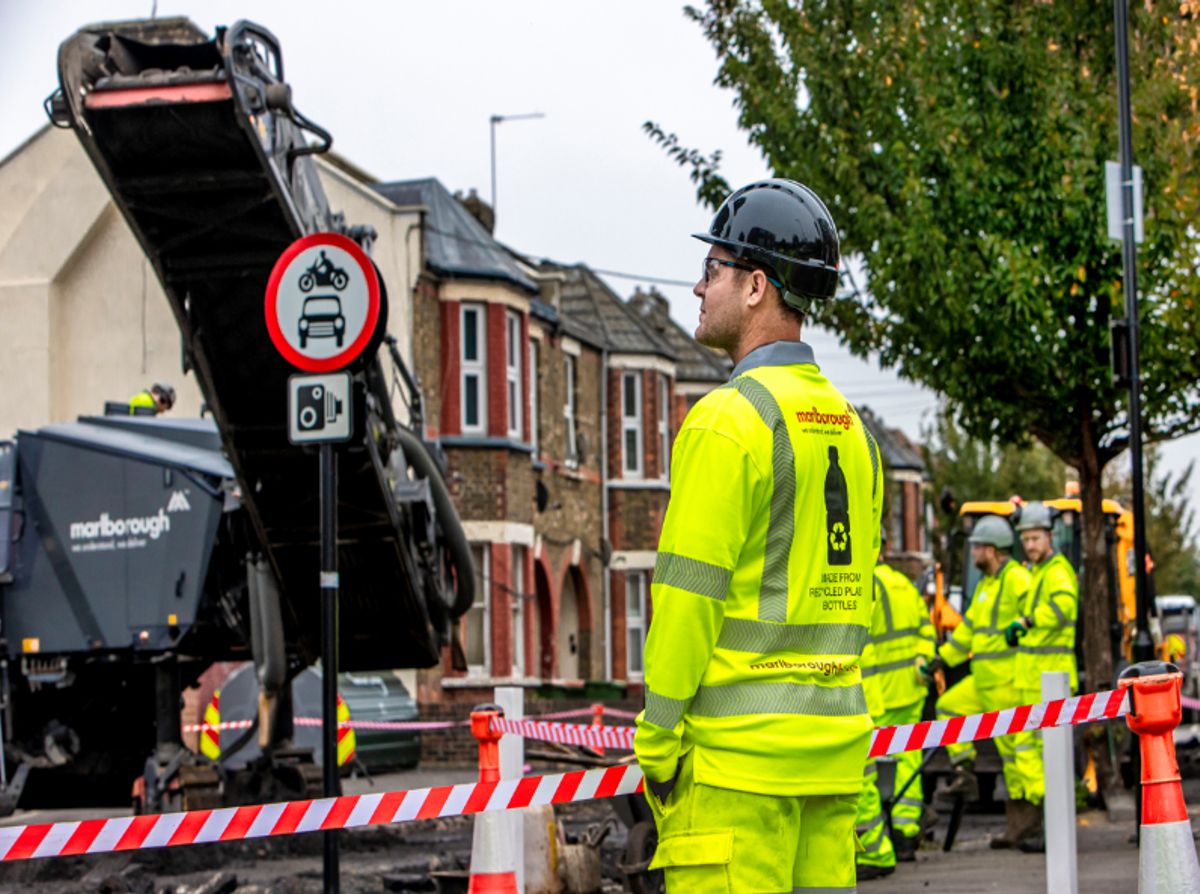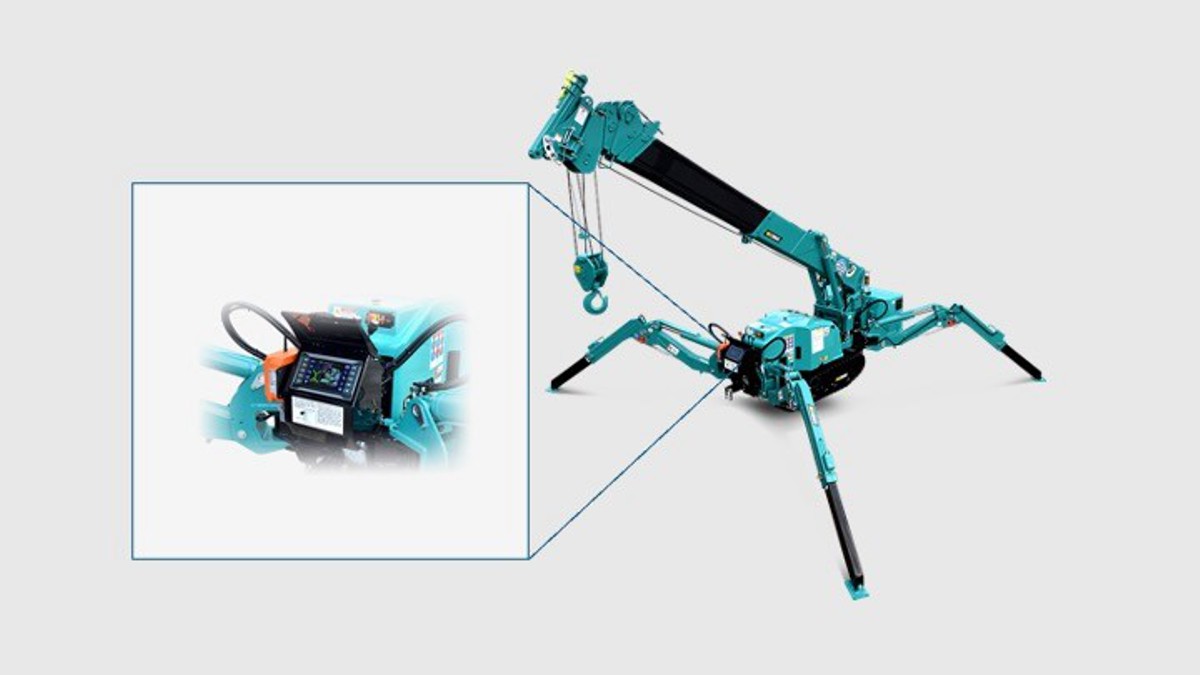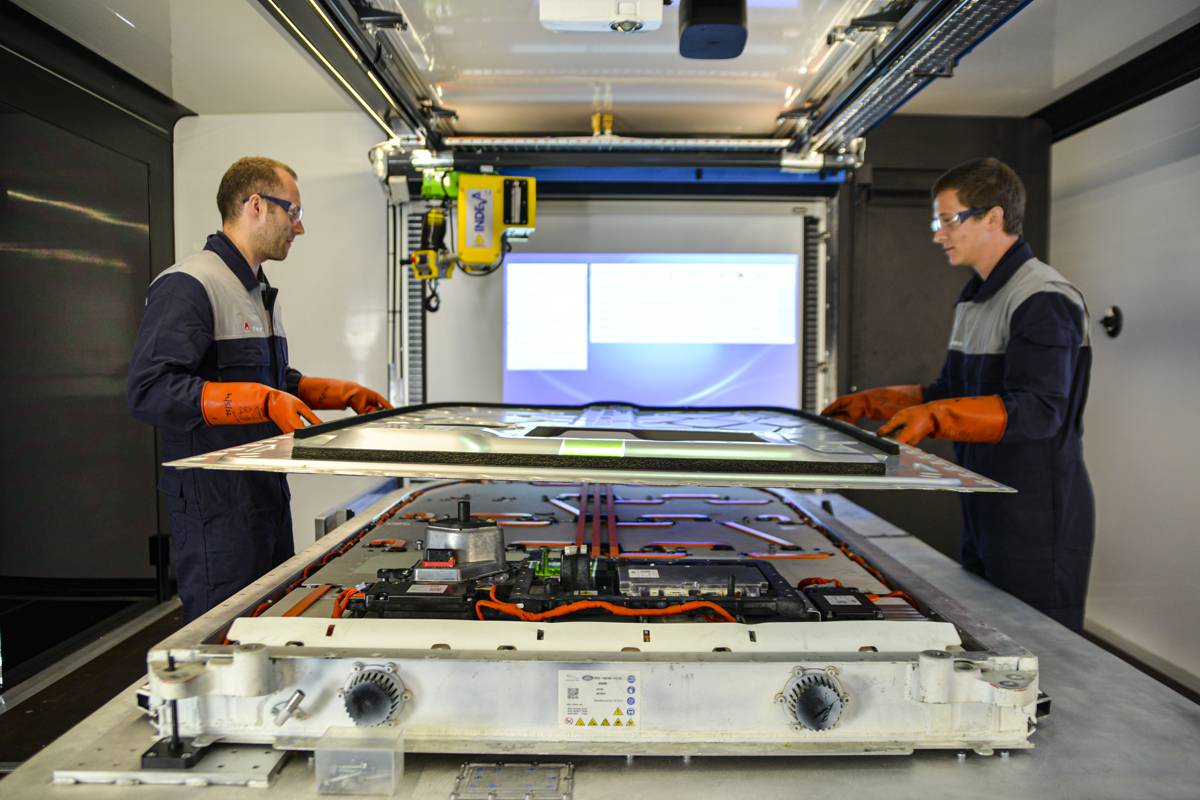Technology and psychology boosts parking compliance
It doesn’t really matter if you manage a car park for a local authority, an NHS Health Trust, an education facility, a retail park or a corporate company, at some point the issue of how to enforce your parking regulations with parking technology will be on the agenda. And if that’s on the agenda, then how to deal with frustrated customers and the potential bad press that will not be far behind.
It’s easy to drop into believing that enforcement is the easiest way to manage a car park. After all, we need procedures and ways to enforce the rules for the benefits of all users. But controlling the enforcement brings with it a responsibility. Get it wrong and there will soon follow an avalanche of negative media leading to potentially difficult conversations in the public domain, which isn’t something to take lightly.
Getting the best out of a car park is not just about enforcement though, it is also about encouraging and rewarding correct behaviours.
What are the alternatives?
Total removal of enforcement is not advised as there are still people who will flout the rules not matter what, but the majority of users will respond to fair parking instructions if guided in the right way.
Putting in place measures that encourage a change in behaviour or reward positive actions will not only have a similar effect to enforcement, but also allow you to avoid negative press coverage.
Psychological reinforcement is an interesting topic that could be applied to car parks. In behavioural psychology, reinforcement is defined as a consequence that will strengthen an organism’s future behaviour whenever that behaviour is preceded by a specific stimulus. Translated into the world of car parks this means if you can put in place solutions that make parking easy and hassle free then the user will have no issues in returning time and time again.
This all seems obvious, but cast your mind over car parks that you have recently visited. There are plenty that still have no space availability signage, no live guidance to where empty spaces are and no help to the user on how long it will take to get to their destination. They simply have enforcement and punishments if you transgress the rules. Does this kind of car park encourage repeat use?
Nudge theory is a similar concept that has gained momentum in recent years, particularly in political circles. Nudge theory is a concept in behavioural science which argues that positive reinforcement and indirect suggestions to try to achieve non-forced compliance can influence the motives, incentives and decision making of groups and individuals, at least as effectively – if not more effectively – than direct instruction, legislation, or enforcement. Again, put simply if you can influence a driver on which car park to use before they arrive or guide them using positive messages on arrival, then you are less likely to need enforcement.
The other upside to putting in place solutions that understand and guide car park usage is that the management team can have real data at their fingertips. This data can be used to guide softer enforcement tactics, such as informing teams on which bays are nearing an overstay situation and so allowing for on the ground or digital reminders to be sent to the driver before a transgression occurs.
This data can also be used to inform users of where in a city or town there are available spaces even before they set off on their journey, bringing with it the benefits of reducing congestion, pollution and journey times.
How can new thinking complement enforcement techniques?
Clearview Intelligence recently held a parking showcase day at their Milton Keynes offices where a wide range of interested parties came along to see examples of current parking solutions and what new technology they are testing for the future. Part of the day was an open conversation and sharing of experiences on how different parking solutions work best in different environments. There were plenty of ideas flying around the room on how to best encourage and enforce parking regulations, and a lively conversation ensued.
It was clear through simple sharing of experiences and applying knowledge of different situations that parking solutions would benefit from non-enforcement ideas. Especially when new technology enables real-time data capture and guidance using Internet of Things devices that can be deployed to capitalise on the spaces available.
Clearview are committed to working with, and alongside car park operators and suppliers and recognise that no one solution will solve all the challenges car parks are facing.















